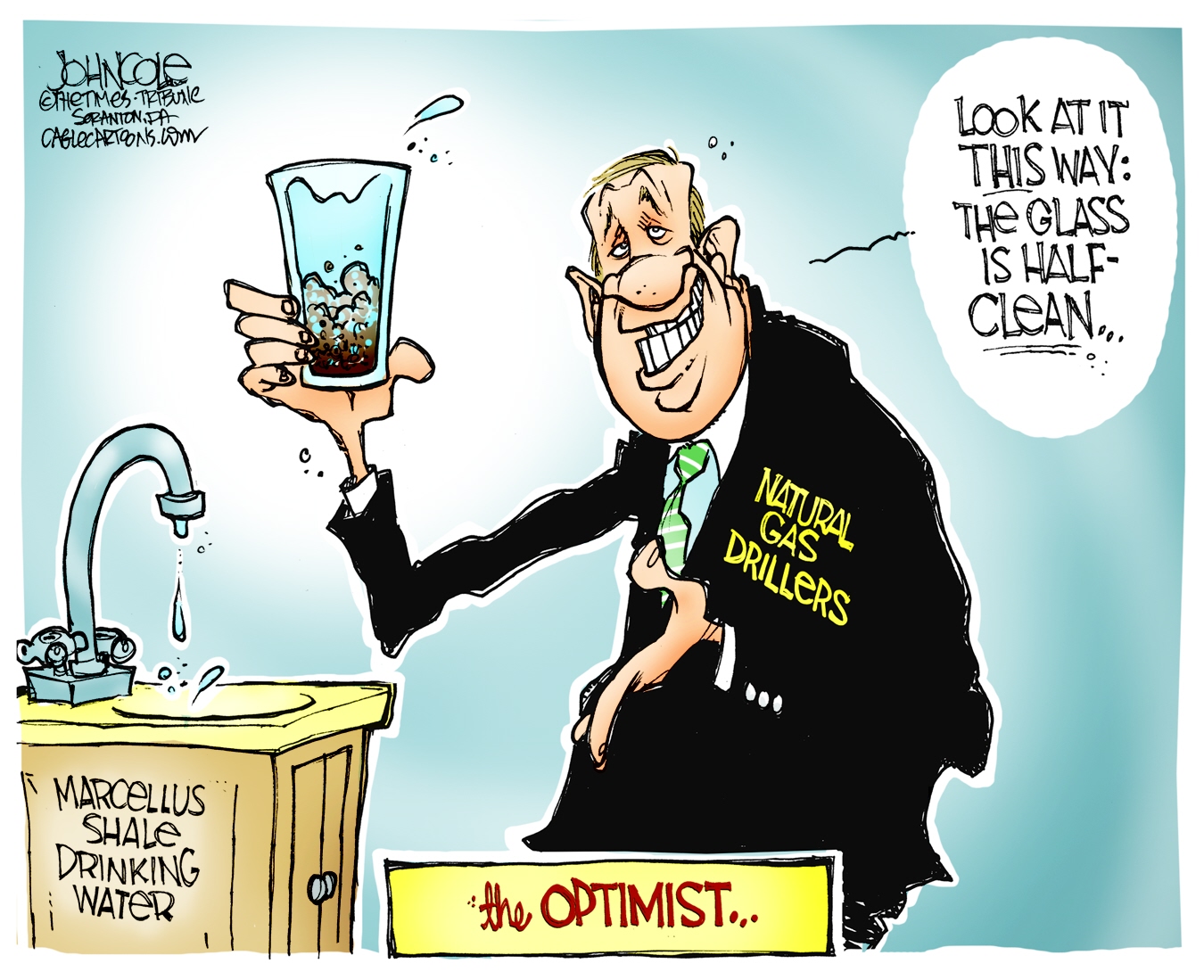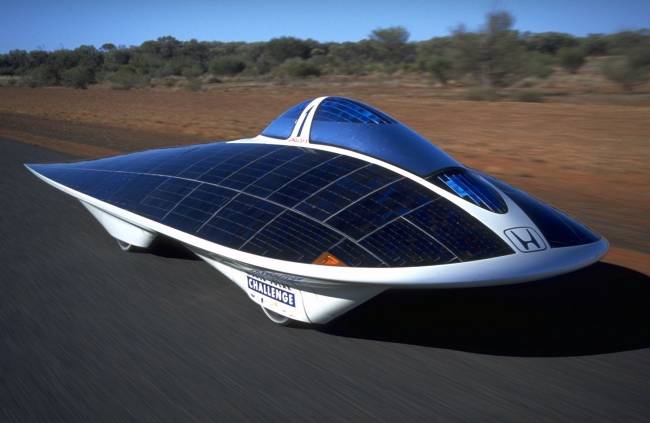So far, this blog has explored various different alternative energy sources, from the large-scale power of nuclear energy, to the rising potential of solar energy, to the controversial use of biofuels as energy. As it comes to a close, I’d like to investigate the other side of the story, and shed light on the energy “bad guys” that drive the need for alternative energy sources in the first place. Let’s take a look at the worst offenders: coal, natural gas, and oil, to get a perspective on what it is we’re fighting against.
A Miner’s Life For Me
As a native of northeastern Pennsylvania, coal is especially of interest to me. It represents an industry that has had a dramatic impact on this country and the lives of its people. I am descended from coal miners on both sides. I had many relatives die of black lung. My grandfather pulled his father’s crushed body out of the mine at the age of twelve. The history of coal mining is indeed covered in soot.
But is it behind us? Although coal production is not nearly as prevalent as it was during the industrial revolution, it is far from extinct. According to the World Coal Association, the US is the world’s second largest producer of coal behind China, at one thousand megatons per year. If you’re like me, you may be wondering where this coal is. Obviously we don’t use it to cook our food much anymore. It turns out it’s main use is for “steam coal” for use in power plants. You burn the coal and it heats water that steams up and turns turbines.
When it comes to being environmentally friendly, coal is about as unfriendly as it gets. There are a ton of pollution problems associated with coal mining and burning. It releases heavy, poisonous compounds into the air and water (mmm Mercury), causes acid rain, contributes to black lung and cancer, produces HUGE greenhouse gas emissions, and is downright dangerous to get out of the ground. Poisonous gas and mine cave-ins continue to cause the death of many a miner. And with all of this, its still an extremely inefficient source of energy. Not good.
So what can we do about the coal issue? Mainly, I think we shouldn’t forget about it. Our history is covered in soot, and modern times are not clean by any means. We must remember that coal is there and try to cut down on its continued use. What do you think? Did you know we still produced coal? Does it impact your family too? What solutions can you think of?
Liquid Gold: Oil and Natural Gas
As problematic as coal is, it isn’t nearly as widespread as the king of energy use: fossil fuels. Oil and natural gas are two major fossil fuels that we are absolutely dependent on, and that the Earth is not thanking us for.
Oil is a viscous liquid formed from pressurized organic material. It is hard to extract, non-renewable, and therefore expensive. It is also hard on the environment in terms of greenhouse gas emissions and the disastrous effects it has when spilled. This is the stuff that fuels our vehicles and powers our plants. It is also a major player in many a political power struggle with the Middle East: in short, it’s trouble on many counts, and reducing its use would be both easy on the Earth and our wallets.
You may have noticed that the Cata buses advertise that they run on “natural gas”. Like me, you may have wondered what that meant. It’s generally accepted that oil is bad news. But natural gas must be better, huh? Being that it’s “natural” and all…
Erm, well, not really. Natural gas is a colorless, odorless fuel made up of mostly methane found underground that is much more widespread than oil. It is mainly used in power plants and for domestic purposes, but it can be compressed and used for automobiles like our Cata buses. True, it does have fewer greenhouse gas emissions than oil, and it isn’t as deadly when released into the environment (besides the occasional explosion). It’s home-grown nature also makes it a lot better for international relations. it still releases toxins and its hands are far from clean when it comes to the environment.
If you’ve been reading Tim’s blog, you know why. You get natural gas by hydraulic fracking, a process involving shooting water into the ground to get natural gas and causing all sorts of problems (toxins and flaming drinking water and earthquakes and such). What’s different about fracking is that affects US, here and now, because its happening right here in PA and is only becoming more prevalent. If we aren’t careful, its our water supply that will be polluted, our forests leveled, and our bodies subjected to whatever chemicals creep up from below.
The race, then, has begun. We need energy, and we are consuming it at a faster and faster rate every year. In order to fuel our growing hunger for it, we are torching our resources, and this is no longer a far-away affair. With smog covering our cities like a blanket the energy crisis on our doorstep, it is more important than ever to branch out into alternative energy. We need to build nuclear power plants, use solar energy, and innovate our biofuels. We have to start harnessing the wind and the water and stop contaminating it. We have to experiment with and discover other energy options and make the ones we have more efficient. We can only hope that as humans, we are just as good at creating as destroying, because if not, we will be consumed.
I hope you have enjoyed this blog’s insights into alternative energy, and I hope it has given you a new perspective on the energy crisis. What stake, if any, do you feel that you have in the issue?













